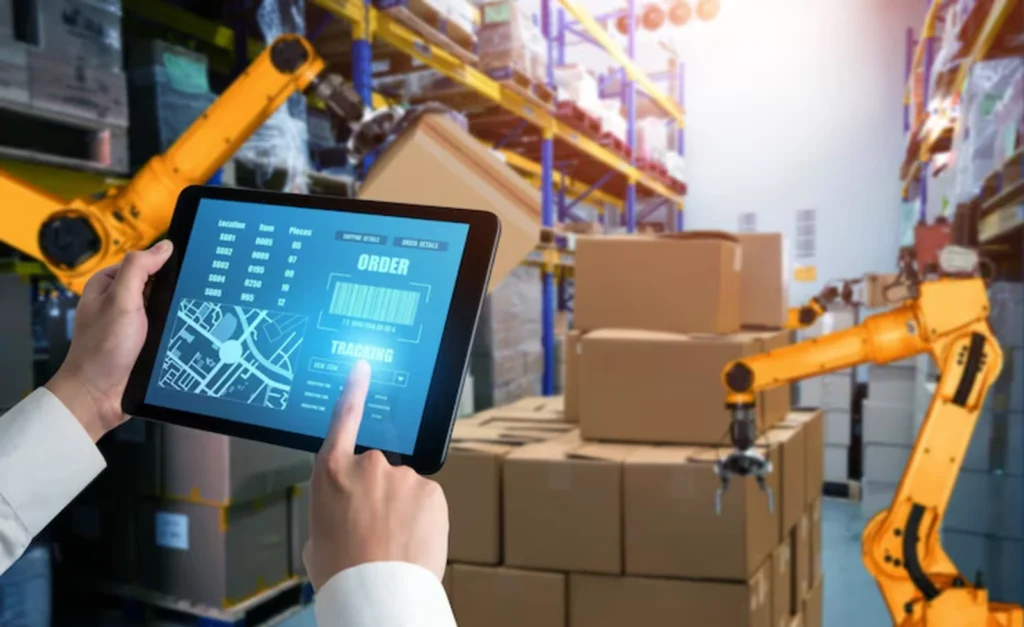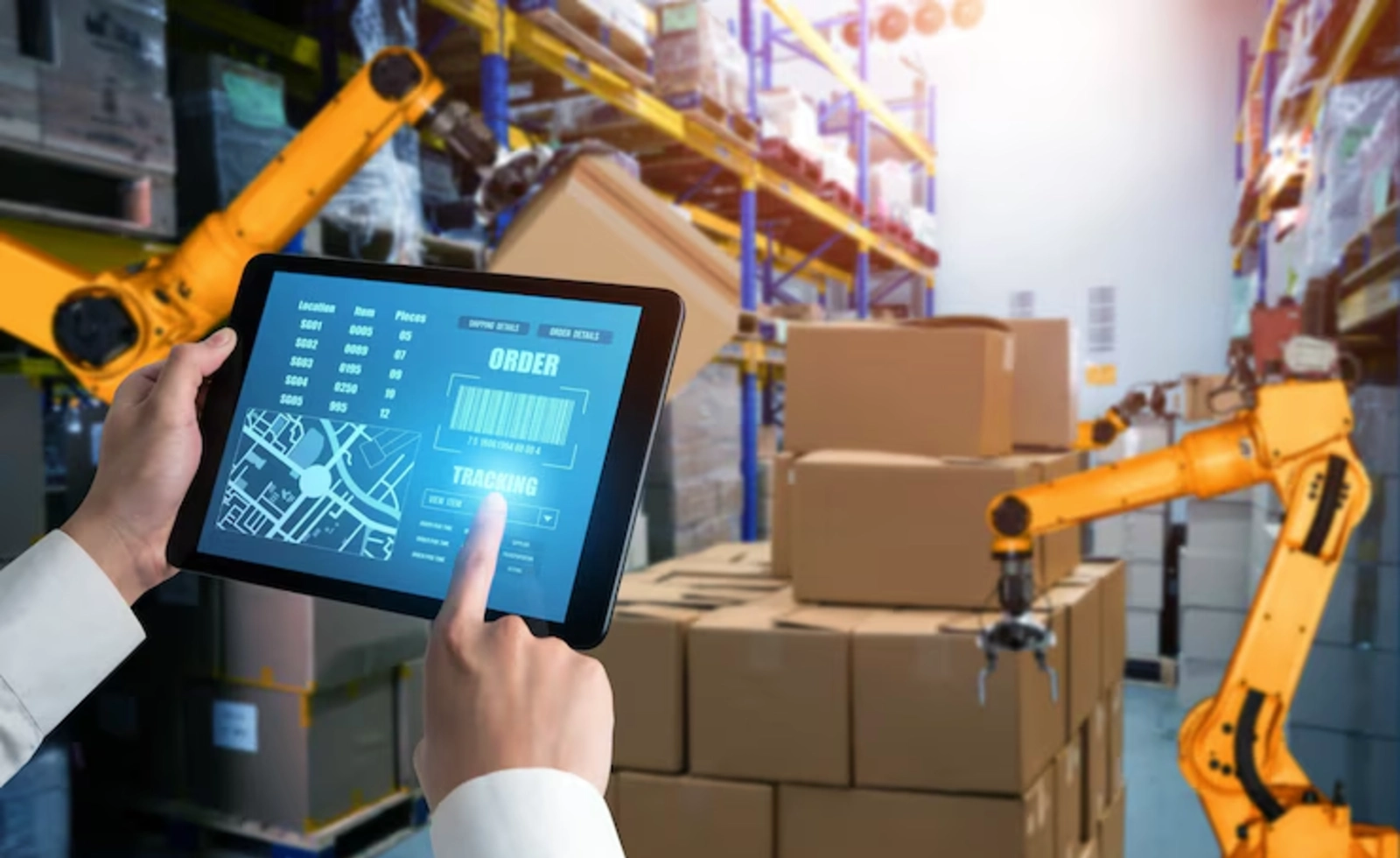How Automation Is Creating New Roles in Supply Chain Management
As automation technologies continue to evolve, the supply chain landscape is undergoing a seismic transformation. The rise of AI, robotics, machine learning, IoT, and predictive analytics is not merely about replacing manual labor—it is about redefining supply chain operations and creating entirely new job roles that never existed before. Companies across industries are increasingly leveraging automation to gain a competitive advantage, optimize efficiency, and improve accuracy in their supply chain processes.
The Shift from Manual Tasks to Strategic Roles
One of the most significant shifts driven by automation is the movement of employees away from routine, manual tasks toward roles that require strategic thinking and data-driven decision-making. Traditional jobs such as data entry, inventory checks, and shipment tracking are now handled by automated systems and intelligent algorithms, allowing supply chain professionals to focus on higher-level functions like data analysis, strategic planning, and decision-making.

Emerging Job Roles Driven by Supply Chain Automation
Automation is driving the creation of new, specialized roles that are critical for managing digitally enabled supply chains. Some of the most prominent roles include:
1. Supply Chain Data Analyst
With the influx of big data, there's a growing need for data analysts who can interpret complex data sets to provide actionable insights. These professionals work closely with AI systems to forecast demand, optimize routes, and monitor supplier performance. They use tools like Tableau, Power BI, and Python for data visualization and modeling.
2. Automation Systems Manager
This role focuses on managing the various automated systems within the supply chain—ranging from robotic process automation (RPA) to automated storage and retrieval systems (AS/RS). These professionals are responsible for system integration, maintenance, and performance optimization to ensure seamless operations.
3. AI and Machine Learning Specialists
Specialists in AI and machine learning design intelligent systems that can predict disruptions, optimize logistics, and enhance warehouse automation. Their contributions are critical in developing self-learning algorithms that continuously improve efficiency over time.
4. Digital Supply Chain Strategist
These strategists develop comprehensive plans to incorporate automation across the entire supply chain. They evaluate emerging technologies, conduct ROI analysis, and lead the implementation of digital transformation initiatives that align with business goals.
5. Cybersecurity Analysts
As supply chains become increasingly digitized, the need for robust cybersecurity grows. Analysts in this role protect automated systems and sensitive supply chain data from cyber threats. They implement encryption, access control, and monitor systems for anomalies in real-time.
Impact of Automation on Workforce Skills
Automation is not only changing job roles but also redefining the skills required in supply chain management. Employers are now looking for professionals with strong analytical thinking, technical expertise in data tools, an understanding of machine learning models, project management abilities, cybersecurity awareness, and adaptability to change. To remain competitive in this evolving landscape, organizations must invest in reskilling and upskilling their workforce, encouraging continuous learning and flexible thinking in the age of automation.
Integration of IoT and Real-Time Analytics
The integration of Internet of Things (IoT) devices in supply chains enables real-time tracking of goods, monitoring of warehouse conditions, and predictive maintenance of machinery. Professionals who understand IoT architecture and real-time data analytics are essential for optimizing these systems and making data-driven decisions on the fly.
Warehouse Automation and Robotics
Warehouse operations are being transformed by advanced technologies such as automated guided vehicles, collaborative robots (cobots), and drones. These innovations are improving efficiency, accuracy, and safety across logistics systems. As a result, new career opportunities have emerged, including roles like Warehouse Robotics Coordinator, Automation Equipment Technician, and Logistics Tech Integrator. These positions require a unique blend of mechanical expertise, software skills, and a strong grasp of logistics workflow design, reflecting the growing need for tech-savvy professionals in modern supply chain environments.
Blockchain Integration and Smart Contracts
Blockchain technology is improving transparency, traceability, and trust in supply chain operations. With automation, smart contracts can now carry out transactions automatically when set conditions are fulfilled. This advancement has created a demand for professionals with expertise in distributed ledger technology, smart contract development, and compliance with legal and regulatory standards. As a result, new roles such as Supply Chain Blockchain Analyst and Smart Contract Manager are emerging—key positions responsible for managing decentralized systems and ensuring they function effectively within both operational and legal frameworks.
Human-AI Collaboration: A Co-Evolution
Rather than competing with humans, AI and automation systems are becoming collaborative partners. Human-AI collaboration is redefining teamwork, with AI handling data-heavy, repetitive tasks and humans offering context, emotional intelligence, and strategic judgment. This synergy results in faster decisions, reduced error rates, and improved responsiveness across the supply chain.
Starting Your Career Path with a Professional Diploma in Logistics and Supply Chain Management
With the rapid changes in the supply chain landscape, there’s never been a better time to pursue a career in this field. Whether you’re a student, a recent graduate, or someone looking to switch careers, enrolling in a Professional Diploma in Logistics and Supply Chain Management is a smart first step. Here’s how this program sets the foundation for your future:
- Learn the basics of logistics and supply chain, along with new technologies like automation, AI, IoT, and blockchain.
- Get hands-on experience through real-world case studies, simulations, and projects.
- Choose your area of interest such as supply chain analytics or warehouse operations.
- Get support for internships, job placements, and earn a recognized certification.
- Start your career with entry-level roles and grow into advanced positions as you gain experience.
Automation is changing the future of logistics and supply chain management, creating more demand for skilled and tech-savvy professionals. From AI to robotics and blockchain, there are many new job opportunities. A Professional Diploma in Logistics and Supply Chain Management from the best institutes like Al Salama School of Safety Studies gives you the right foundation, practical experience, and skills to succeed. Whether you’re starting fresh or growing your career, now is the best time to step into this exciting field.
Benefits of Starting a Career in Logistics and Supply Chain Management in an Advanced Curriculum
Logistics and Supply Chain Management (LSCM) has emerged as one of the most dynamic and future-ready career paths. With globalization, e-commerce expansion, automation, and digital transformation redefining industries, professionals trained under an advanced syllabus in logistics and supply chain are uniquely positioned to thrive. This field offers a wide spectrum of opportunities, growth potential, and industry relevance, making it a smart choice for students and professionals alike.
- High Demand Across Multiple Industries
- Global Career Opportunities
- Exposure to Emerging Technologies
- Excellent Earning Potential
- Critical Role in Business Success
- Dynamic, Fast-Paced Work Environment
- Opportunities for Entrepreneurship
- Continuous Learning and Career Flexibility
- Contribution to Sustainability and Innovation
- Real-Time Problem Solving and Leadership Opportunities
Conclusion
Automation is not a threat, it is an evolution. By embracing the new roles created by automation, supply chain professionals can unlock new opportunities, improve operational efficiency, and drive business growth. Organizations that understand this shift and act proactively will position themselves as leaders in the next generation of supply chain management.



